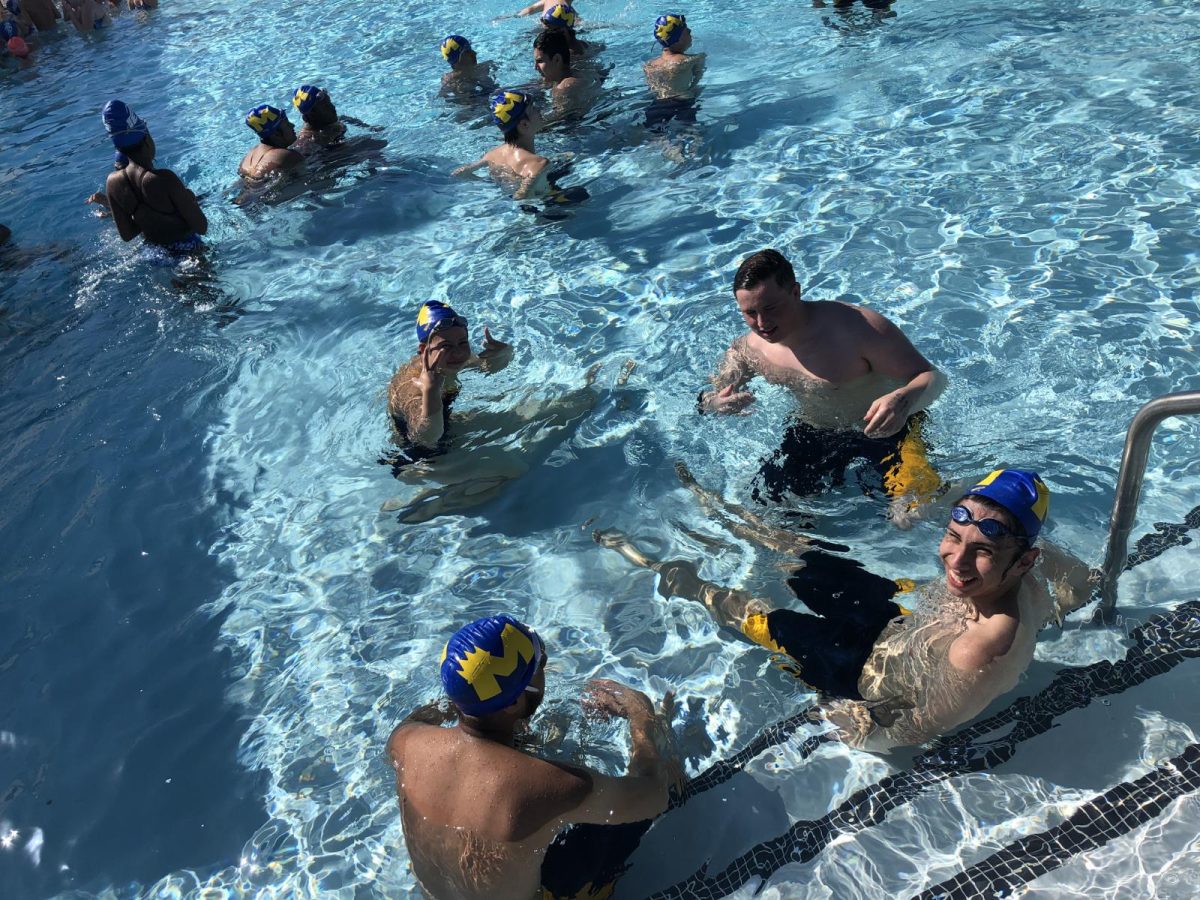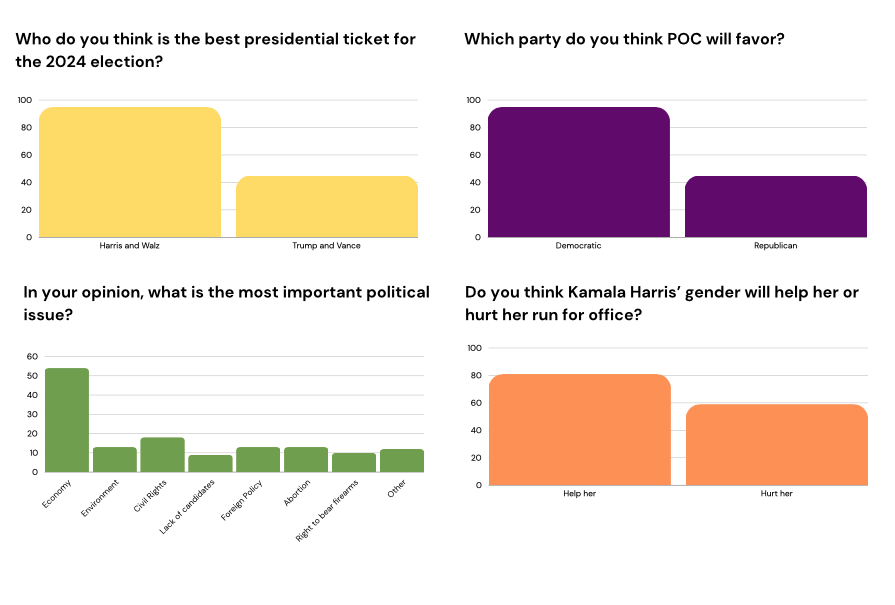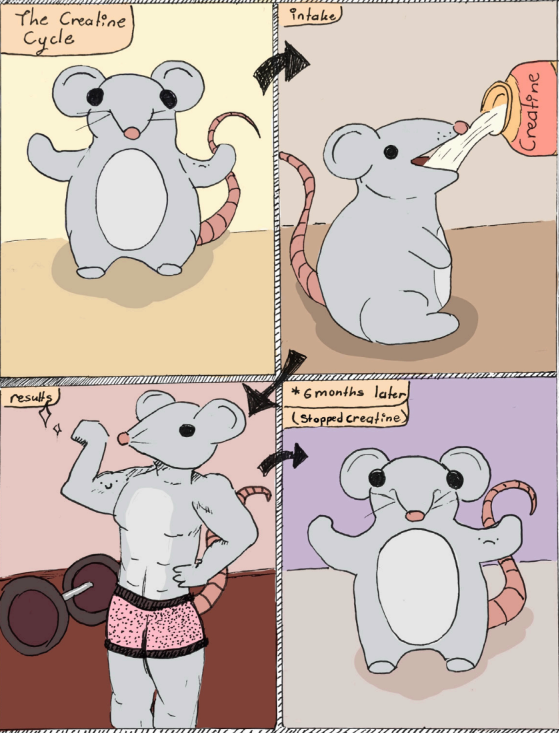There is a noticeable increase in the use of creatine in teens. Potential reasons include its availability to customers of any age without any guardian consent and its popularity as a top muscle gain supplement.
According to the Cleveland Clinic, creatine is a chemical compound found in three amino acids—glycine, arginine, and glutamine—that the human body and food produce. It can be naturally found in all muscles and the brain. Creatine supplies energy to the body and brain and the supplement doubles this quality, allowing for maximum muscle gain. Creatine is recommended for adults over 19 years old. Due to the body still developing in teen years, the effects of creatine supplementation for teens tend to be hit or miss. A survey of 1,000 students conducted by the National Library of Medicine reported that 44% of students use creatine.
When discussing what creatine does, author for Healthline Gavin Van De Walle documented that creatine supplements boost water content given to muscle cells. This forces muscles to hold more water. Muscles still gain the same amount of mass depending on the individual and their routine.
Loading your muscles with water may improve the appearance of muscle growth, but not muscle gain. This is because once the flow of creatine supplements stops, the water content in muscle cells returns to average, thus any weight in muscle or body fat also returns to average. More reports also shared creatine users experiencing bloating in the stomach, arms, and legs when taking more than the recommended amount of 3–5 grams daily.
On the contrary, some creatine users don’t experience bloating. “There is a noticeable difference [when] taking higher, 15 to 20 grams, of creatine a day, so you get the effects sooner,” said Mt. Eden junior Nathaniel Martinez. Martinez shared that he has had no bad experience with creatine and appreciates Calisthenics trainer and Mt. Eden swim team member Sam Nguyen agreed with Martinez, adding, “I haven’t had a problem with it.”
The creatine craze has reached Mt. Eden’s teachers and students. “I always recommend students not to take any type of supplement because students are still growing,” said Tahkeemah Norwood, Mt. Eden weight training teacher, “everything that a supplement can provide for you, you can get in natural food […] not every supplement works for everyone.” Not everyone’s muscles can adapt to the purpose of creatine and may fail to effectively overload its cells with water. On the other hand, Nguyen recommends that students training use creatine if it’s something you’ve researched and is affordable.
Most people have been concerned about certain correlations between creatine and its negative effects. There have been many studies testing this theory; and yet, there is no actual scientific proof to back up these claims. The Mayo Clinic says most of these ideas of harm come from users of creatine who took more than the recommended amount, overloading their system with the chemical compound. Most clinics and physicians recommend a consultation before choosing to use creatine.
The National Library of Medicine also said creatine has been tested over 300 times for signs of hair loss, liver, and kidney damage, all with no evidence of short-term harm. However, there is still not enough information on long- term effects. While creatine can be taken as a supplement to increase and quicken its effects, it is also naturally produced by the human body and found in protein rich foods: red meats, fish, and animal dairy. Norwood encourages students to do their research if they have an interest in a specific supplement, and for students to reach out to him if they have any remaining concerns. “Everyone should always exercise, but you don’t need creatine to exercise,” said Martinez.























